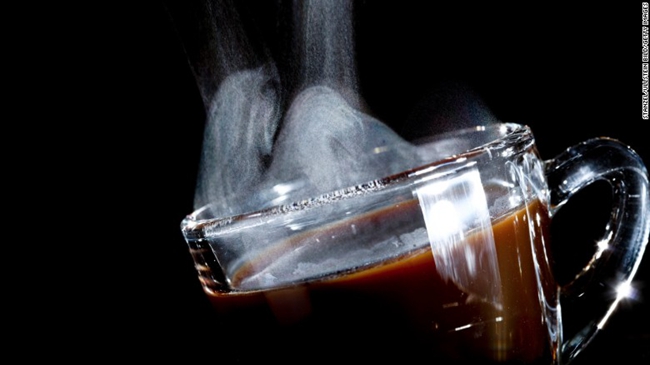-
咖啡与健康-Photos: Coffee's health history2017-07-19
Tag:Healthy Living
Coffee's health history: Where do we stand now?-It's thumbs up today, but the news on coffee has not always been positive. Take a look at the arguments for and against coffee through the centuries.

1500s headline: Coffee makes you frisky-Legend has it that coffee was discovered by Kaldi, an Ethiopian goatherd, after he caught his suddenly frisky goats eating glossy green leaves and red berries and then tried it for himself.

1500s headline: Coffee leads to illegal sex- But it was the Arabs that started coffeehouses, and that's where coffee got its first black mark. Patrons of coffeehouses were said to be more likely to gamble and engage in "criminally unorthodox sexual situations," according to author Ralph Hattox.
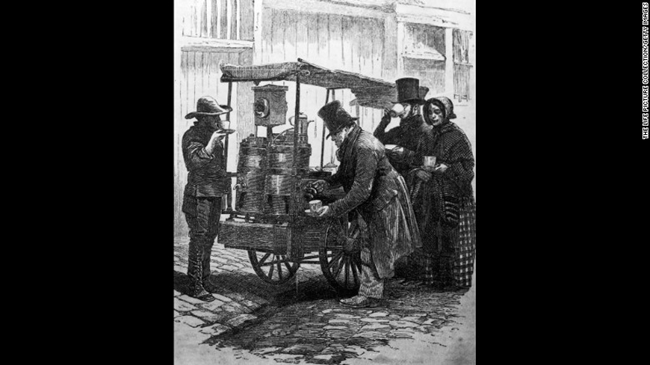
1600s headline: Coffee cures alcoholism- As the popularity of coffee grew and spread, the medical community began to extol its benefits. It was especially popular in England as a cure for alcoholism, one of the biggest medical problems of the time.

1600s headline: Coffee cures all?- This1652 ad by London coffeeshop owner Pasqua Rosée popularized coffee's healthy status, claiming coffee could aid digestion, prevent and cure gout and scurvy, help coughs, headaches and stomachaches, even prevent miscarriages.
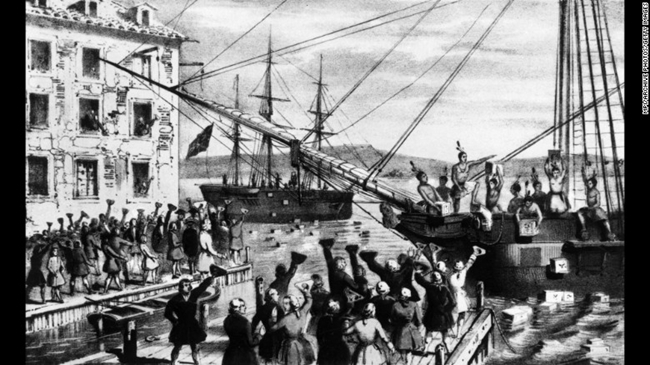
1700s headline: Coffee helps you work longer- By 1730, tea had replaced coffee in London as the daily drink of choice. That preference continued in the colonies until 1773, when the famous Boston Tea Party made it unpatriotic to drink tea. Coffee houses popped up everywhere, and the marvelous stimulant qualities of the brew were said to contribute to the ability of the colonists to work longer hours.
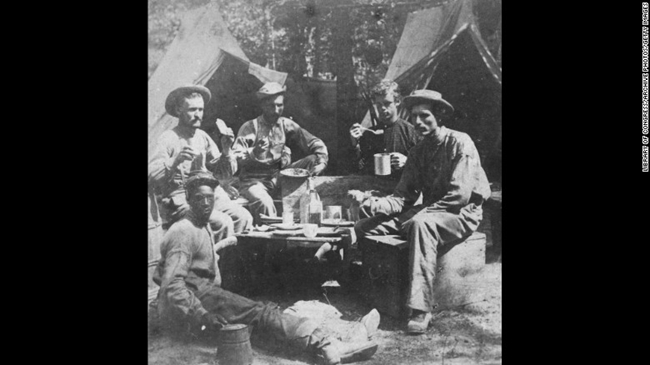
1800s headline: Coffee shortage- In the mid-1800s America was at war with itself and one side effect is that coffee supplies ran short. Enter toasted grain-based beverage substitutes such as Kellogg's "Caramel Coffee" and C.W. Post's "Postum" (still manufactured), who advertised with anti-coffee tirades to boost sales.
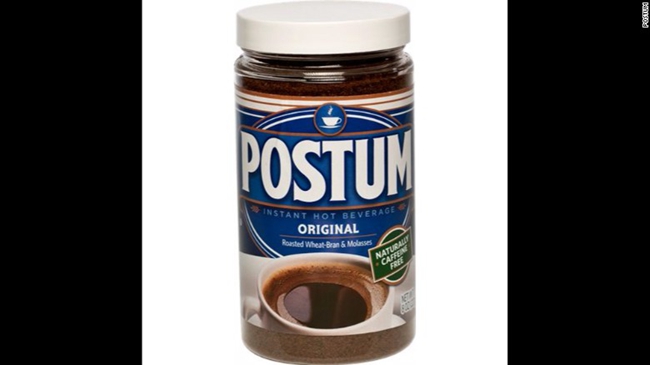
1800s headline: Coffee will make you go blind- Postum's ads against coffee were especially negative, claiming coffee was as bad as morphine, cocaine, nicotine or strychnine and could cause blindness.
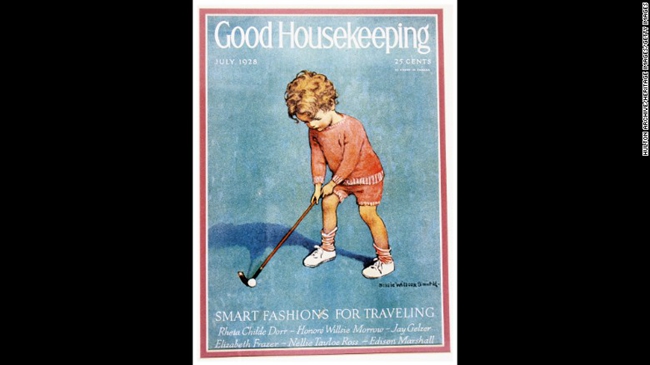
1916 headline: Coffee stunts your growth- Medical concerns and negative public beliefs about the benefits of coffee rose in the early 1900's. Good Housekeeping magazine wrote about how coffee stunts growth.
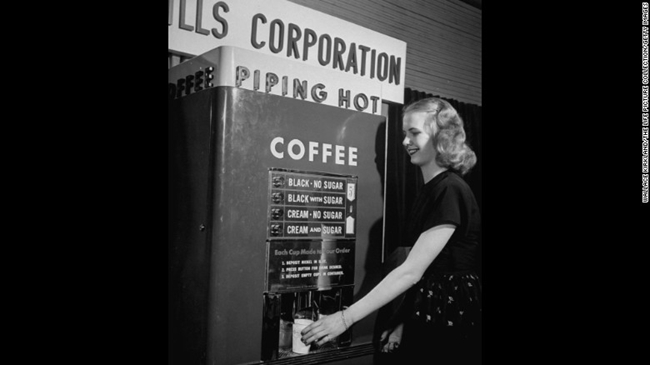
1927 headline: Coffee will give you bad grades, kids- In a 1927 Science Magazine, 80,000 elementary and junior high kids were asked about their coffee drinking habits. Researchers found the "startling" fact that most of them drank more than a cup of coffee a day, which was then compared to scholarship with mostly negative results.
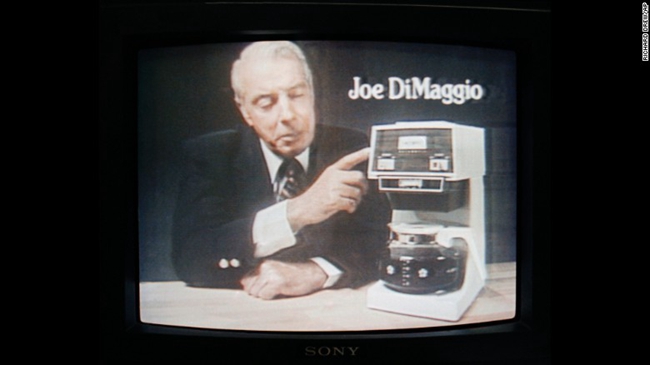
1970's headline: Coffee is as serious as a heart attack- In 1978, the same year that Baseball Hall of Fame's Joe DiMaggio began selling Mr. Coffee on TV, a New England Journal of Medicine study found a short-term rise in blood pressure after three cups of coffee. And an earlier 1973 study found drinking one to five cups of coffee a day increased risk of heart attacks by 60% while drinking six or more cups a day doubled that risk to 120%.
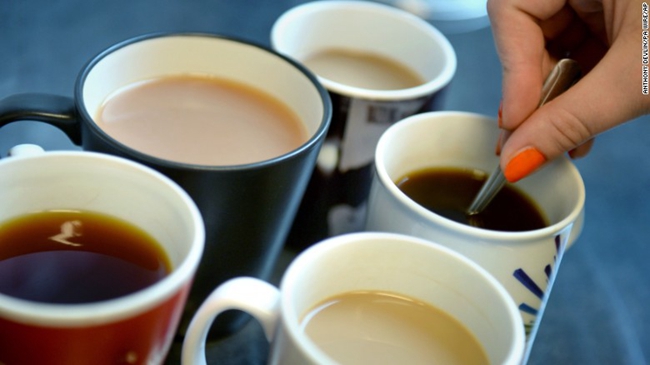
2000 era headline: Time for meta-analysis- Now begins the era of the meta-analysis where researchers look at hundreds of studies and apply scientific principles to find those which do the best job of randomizing and controlling for compounding factors, such as smoking. . The results for coffee? Mostly good.
But first, a couple of negatives: a 2001 study found a 20% increase in the risk of urinary tract cancer risk for coffee drinkers, but not tea drinkers. That finding was repeated in a 2015 meta-analysis. So if this is a risk factor in your family history, you might want to switch to tea.
And a 2010 found a correlation between coffee consumption and lung disease, but the study found it impossible to completely eliminate the confounding effects of smoking.
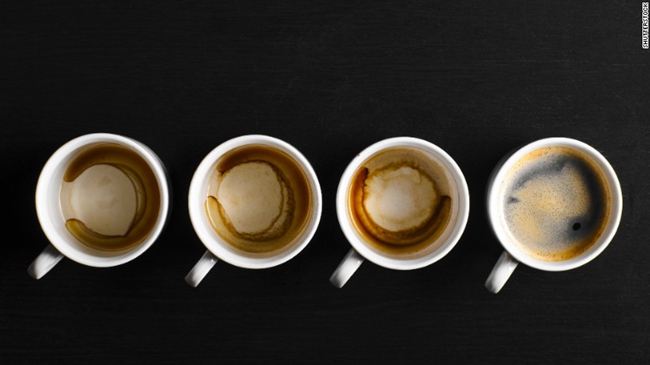
2007-2013 headlines: Coffee reduces risk of stroke and some cancers- A meta-analysis of 11 studies on the link between stroke risk and coffee consumption between 1966 and 2011, with nearly a half a million participants, found no negative connection. And a 2012 meta-analysis of studies between 2001 and 2011 found four or more cups a day had a preventative effect on your risk for stroke.
This meta-analysis showed drinking two cups of black coffee a day could reduce the risk of liver cancer by 43%. Those findings were replicated in 2013 in two other studies.
As for prostate cancer, this 2011 study followed nearly 59,000 men from 1986 to 2006 and found drinking coffee to be highly associated with lower risk for the lethal form of the disease.
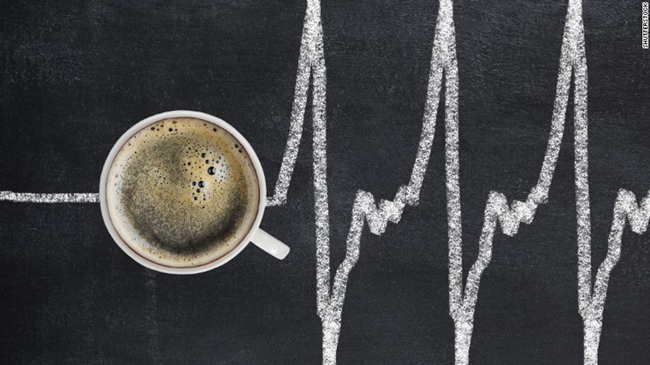
A similar analysis of studies on heart failure found four cups a day provided the lowest risk for heart failure, and you had to drink a whopping 10 cups a day to get a bad association.
And overall heart disease? A meta-analysis of 36 studies with more than 1.2 million participants found moderate coffee drinking seemed to be associated with a low risk for heart disease; plus, there wasn't a higher risk among those who drank more than five cups a day.

2015 headline: Coffee is practically a health food- How about coffee's effects on your overall risk of death? One 2013 analysis of 20 studies , and another which included 17 studies , both of which included more than a million people, found drinking coffee reduced your total mortality risk slightly.And as a sign of the times, in 2015 the U.S. Department of Agriculture now agrees that "coffee can be incorporated into a healthy lifestyle," especially if you stay within three and five cups a day (a maximum of 400mg of caffeine), and avoid fattening cream and sugar.
View (4253)
